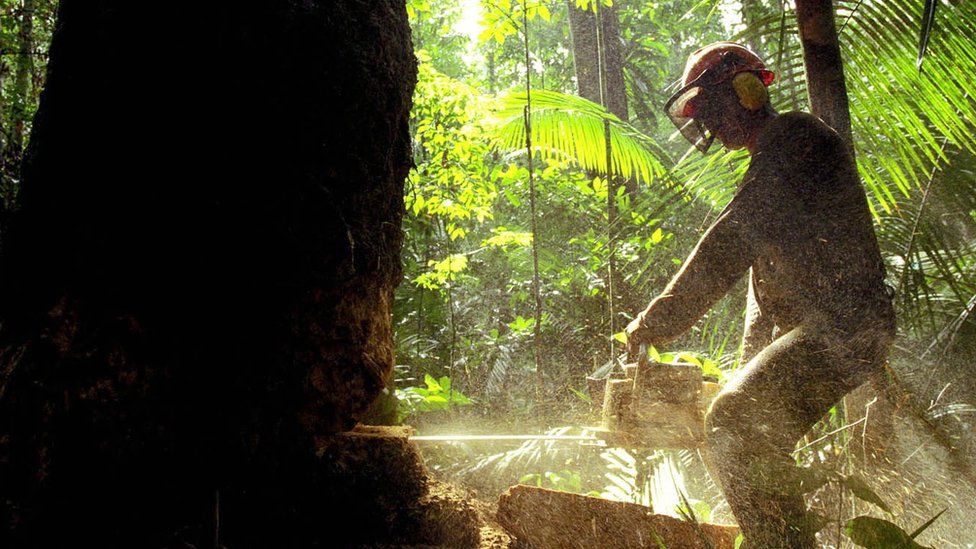National Security: Going “Up” or “Down?”
By Susan C. Strong
In his January State of the Union message, President Obama said two noteworthy things: the first was “America must move off a permanent war footing.” Of course this remark was preceded and followed by a lot of predictable stuff about keeping America strong by military means. But the President did preface the bold remark I’ve cited above with another comment of interest, “But I strongly believe that our leadership and our security cannot depend on our military alone.” What if, instead of just dismissing these items as pure political boilerplate, we edit his statements just a bit to read: “Today our leadership in the world and our security at homedepend on using powerful alternatives to war, threats of war, war-proxy drone attacks, and mega-spying. In today’s world, those hostile acts just make our national security “go down.” But smart peace-building moves make our national security “go up.” We would then have the start of an important new frame about the way state violence and invasive mega-spying not only fail to protect Americans today, they also invite attack.
Why the emphasis on “today” or “now?” Because one of the most important aspects of a changed national security effort is that today the world has changed—the worldwide web and modern transportation have in fact changed the world into a global village. So how do people/nations behave most successfully in a small village? They follow some common sense rules: they “demonstrate responsible leadership, work cooperatively with others, respect the rule of law, help others in need, protect the place in which everyone lives (in this case our planet), and choose peaceful solutions to conflicts as often as possible.” (1) This simple statement of rules for nations to live by just happens to come from a recent pamphlet called Shared Security: Reimagining U.S. Foreign Policy, jointly published in 2013 by the Friends Committee on National Legislation and the American Friends Service Committee. But these rules are in essence exactly the same ones proposed by another, very different Washington policy document, one that comes from the D.C. world of national security analysts.
That document is titled A National Strategic Narrative, published by the Woodrow Wilson Institute in 2011, and authored by “Mr. Y,” a pseudonym for Capt. Wayne Porter and Col. Mark “Puck” Mykleby, USMC, who were actively serving military officers at the time. These gentlemen employ a lot more classic American framing and “Beltway speak” in their version of this simple proposal. But they too warn of dire consequences if the U.S. does not change course about seeing “national security” as a purely military matter. In fact, Shared Security cites the “Mr. Y” document in its own bibliography. Both documents share a common premise: the time is ripe now for rethinking what American national security is and how we get it.
Of course, both of these documents pre-date the latest explosion of new knowledge about aggressive NSA spying. They don’t reflect new information about the NSA’s forthcoming code-breaking supercomputer that can breach every “secure” https ever created.(2) The two documents I’ve cited above also preceded the current level of critique, both at home and abroad, of U.S. war-proxy drone attacks. New information is now available about not-so-reliable, way too general, and far too remote NSA drone targeting info that does kill the innocent. (3)
But the rules of successful behavior in a village have remained the same, no matter how much military and spy tactics have recently changed. Humans had many millennia to work these out and move beyond whatever came before them, though new primate and anthropological research suggests we have always succeeded better by cooperating than by competing. More recently in the history of our species we’ve learned that dueling and blood feuds are extremely stupid ways to settle conflicts. Over time we can and do change our ideas about what kind of violence “works”, and it’s time for another big shift in this department, because it is increasingly clear that war, threats of war, preparing for war, mega-spying and war-proxy drone attacks really don’t “work” anymore. (4) They don’t bring us the results we planned. They are also counterproductive. They produce “blowback,” or “boomerang” effects far in excess of the original insult or attack, whatever it was. In addition, they lead to an explosion of new folks filled with rage and the desire for revenge. That decreases, rather than increases our national security–it actually goes “down.”
On the other hand, peace-building steps help us retreat safely from the brink of conflict, which makes our national security “go up.” This is especially true in situations like the current Ukraine-Russian crisis, which carries the risk of armed confrontation between major, nuclear-armed powers. Moreover, globally, as the number of resource conflicts brought on by climate change increases, we are going to have to figure out new peaceable ways of “just getting along” with each other. For example, the coming conflicts over water resources or arable land don’t have to lead to violence. Cooperative solutions have worked, even among those not known for being too friendly with each other. Shared Security cites some very interesting examples of peaceable water sharing between India and Pakistan (Indus Waters Treaty), in Central Asia, Africa, and also Central America.(5) I’m sure an honest bit of research could turn up a lot more examples of rational, common sense sharing even among potential foes.
Ultimately, that’s exactly what it’s about: learning to share and build or rebuild trust. Either we figure out how to coexist peacefully on this planet or we are going to flame out fast. That would definitely cause our national security to go “down,” long before the end. Another place to start rebuilding the peace is by halting obsessive mega-spying on our own citizens, Congress, as well as others around the globe. These actions destroy every bit of trust we have that our liberty, our civil rights, our finances, and even our medical records, are safe from the risk of unscrupulous security breaches by unknown parties.
Trust is what has always held human communities together, no matter what their size, scale, or character. Lose community trust, and our security goes way, way down. It’s very clear: in every possible way: the “NSA – military corporations” axis has “gone too far,” as we Americans say. They are actually making our real security “go down.” It’s time to stop them.
——–
Susan C. Strong, Ph.D., is the Founder and Executive Director of The Metaphor Project.
The views expressed in this article are the author\’s own and do not necessarily reflect The Times Of Earth\’s editorial policy.









